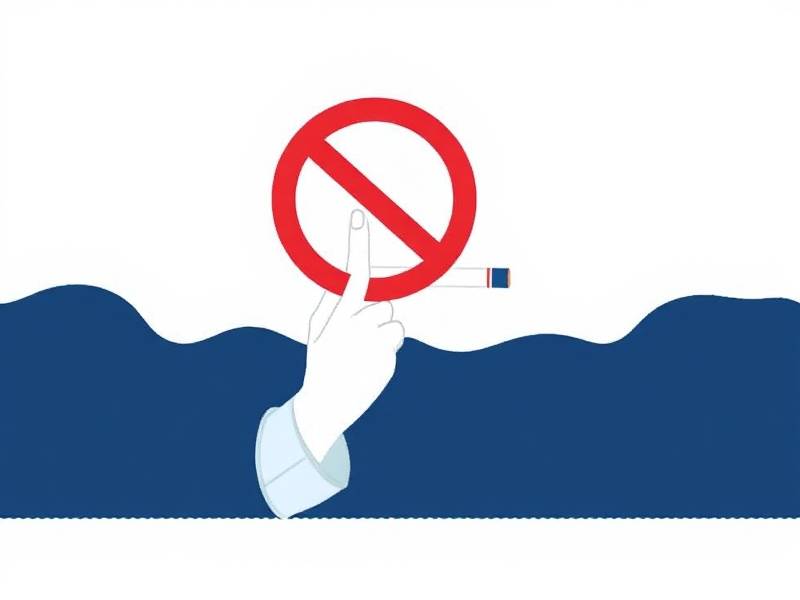Why Do People Struggle to Quit Smoking? Understanding the Challenges and Solutions
Introduction: The Quest for a Smoke-Free Life
The journey to quitting smoking is fraught with challenges, yet it remains a vital step for countless individuals seeking to improve their health and quality of life. Understanding the reasons behind this struggle can empower smokers to develop effective strategies for breaking free from the grip of tobacco.
The Psychological Challenge: Breaking Habits and Cravings
Habitual Behavior
Smoking is not just a physical addiction; it's a deeply ingrained habit. Smokers often report that the act of lighting up becomes automatic, triggered by specific cues such as drinking coffee or socializing. Breaking this habit requires conscious effort and discipline.
Nicotine Cravings
Nicotine, the primary addictive substance in cigarettes, affects the brain's reward system, creating intense cravings that can be difficult to resist. These cravings often peak within minutes after the last cigarette, making it hard for smokers to maintain their resolve.

The Physical Challenge: Withdrawal Symptoms
Withdrawal Effects
When someone stops smoking, they may experience withdrawal symptoms such as irritability, anxiety, headaches, and increased appetite. These symptoms can be severe enough to make quitting feel nearly impossible.
Health Concerns
The physical toll of smoking is well-documented. Smokers face an increased risk of heart disease, stroke, lung cancer, and other serious health conditions. This awareness can provide motivation for quitting but also contribute to the fear of withdrawal symptoms.
Social Factors: Peer Pressure and Environmental Triggers
Social Influence
Peer pressure is a significant factor in both starting and continuing smoking. For many smokers, socializing with others who smoke reinforces their habit. Quitting can mean navigating these social dynamics without the crutch of cigarettes.
Environmental Triggers
Certain environments or situations can trigger the urge to smoke. For instance, seeing others smoke or being in places where smoking is common might prompt cravings.
Economic Considerations: The Cost of Smoking
Smoking is expensive not just financially but also in terms of health outcomes. Many smokers recognize this cost but find it challenging to overcome their addiction due to its financial burden.
Solutions: Strategies for Successful Quitting
Behavioral Techniques
- Identify Triggers: Recognize what prompts you to smoke and plan how you'll handle these situations.
- Cue Control: Replace smoking cues with healthier alternatives like chewing gum or going for a walk.
- Mindfulness: Practice mindfulness techniques to stay present and resist cravings.
Pharmacological Aids
- Nicotine Replacement Therapy (NRT): Products like patches, gum, lozenges, inhalers, or nasal sprays provide controlled nicotine doses without tobacco's harmful effects.
- Medications: Prescription medications like varenicline (Chantix) or bupropion (Zyban) can help reduce withdrawal symptoms and cravings.
Support Systems
- Support Groups: Joining a support group provides camaraderie and shared strategies from others who have successfully quit.
- Professional Help: Therapists or counselors specializing in addiction can offer personalized advice and coping strategies.
Conclusion: Embracing Change for a Healthier Future
Quitting smoking is a significant challenge that requires determination and support. By understanding the psychological and physical hurdles involved and implementing effective strategies, individuals can take control of their health and embark on a path towards a smoke-free life. It's never too late to start your journey towards better health—take that first step today!

